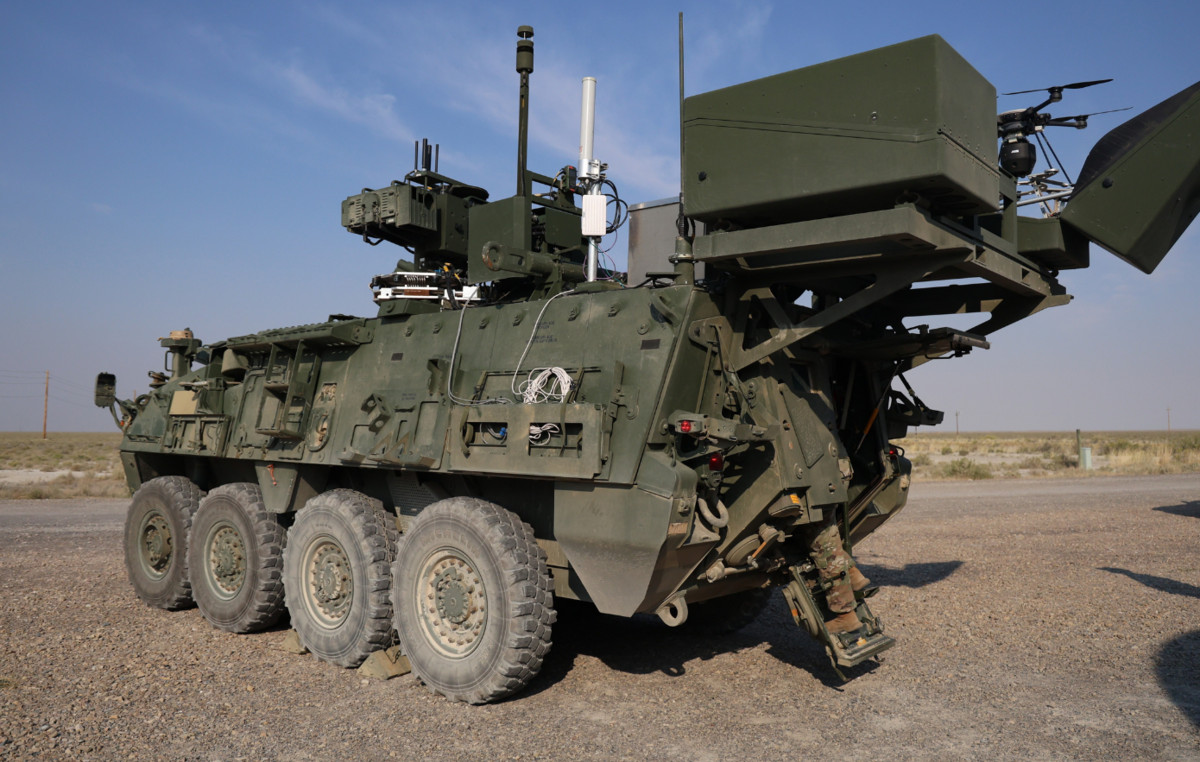A recent ruling by Bulgaria’s Supreme Administrative Court (SAC) has again sparked strong protests against shale gas extraction in the country’s northeast.
This region of Bulgaria includes a section called “Sitovolona”, the geographical and historical region of South Dobrudja, where most of the country’s wheat is produced. Its soil is particularly fertile. It is therefore not surprising that for many years local people have been reacting to what they see as dangerous prospecting and shale gas projects on their land.
Euractiv recently reported that shale mercury could theoretically prove more useful in countries like Romania now that Russian gas supplies have been disrupted by political tensions amid the war with Ukraine. But the importance of wheat production has also increased as a result of the war. If anything, it is rather unlikely that the war will favor shale gas extraction in Sitovolon. The idea that shale gas could help reduce the EU’s dependence on Russian energy is nothing new. It was discussed, for example, at a meeting of the Environment Committee of the European Parliament in 2012.
The court’s decision
On July 5, the SAC upheld the decision of a lower court which overturned a report by the Regional Environmental and Water Inspectorate of Dobrich, which spoke of negative environmental impacts and urged that the shale gas extraction plan in that area (i.e. Sitovolona) be rejected. This investment, in the area of Spasovo, on an area of 219 square kilometers, was proposed by Rusgeokom BG EOOD.
The SAC found that the environmental impact report did not comply with the law and therefore the lower court rightly quashed it. The SAC said the report did not provide evidence and facts to support its negative conclusions against the proposed plan. The court also noted that the report selectively cited only views expressed in the public consultation process, which were contrary to what had been found in the initial examination of the matter.
Wheat farmers were outraged. Five non-governmental organizations submitted a petition, which by July 14 had gathered around 3,000 signatures. With this request, they ask for a new law to be approved that prohibits the use of arable land for the extraction of natural gas, oil and other underground resources and also to expand the definition of protected areas. Wheat growers claim that the soil of Dobrudja is unique in its kind due to some special conditions. More than 85% is chernozem (black earth) which contains a very high percentage of organic substances that make it very fertile and contribute to high agricultural yields. The request also highlights that arable land is shrinking worldwide; the EU is losing hundreds of hectares of arable land every year.
Citing scientists, the NGOs in their request describe the possible negative effects that the drilling of the 43 wells in Spasovo will have. He also points out that, in addition to its remarkable soil, the region has groundwater that is the main source of drinking and irrigation water in this part of the country and at the same time a vital factor for ecosystems.
The request is addressed to Parliament, all political groups in the European Parliament, Bulgarian MPs and EU Environment Commissioner Virginius Sinkevičius, among others.
Shale Gas: Pros and Cons
The war in Ukraine has given a new dimension to the issue of shale gas, both in Bulgaria and elsewhere, but this dispute has a relatively long history that is mainly about environmental reasons rather than the needs of the energy market.
Describing the risks associated with shale gas extraction, Wikipedia states that a drilling depth of 1,000-3,000 meters is required. A liquid consisting of water, sand and various chemicals is then injected under high pressure (600 bar) to create cracks in the rock and release the gas. (This technological method is considered more worrisome by its critics, who fear the risk of earthquakes and other geological phenomena from fracturing the subsoil). In addition, Wikipedia says that this method pollutes the groundwater, mainly due to the leakage of hydrocarbons. Each well would occupy an average area of 36 hectares, which would lead to fragmentation of the landscape. Finally, the drilling requires about 20 million liters of water, an amount equal to what 100,000 inhabitants consume daily.
That hasn’t stopped the United States from pursuing a “Shale Revolution” that has allowed the world’s largest economy to significantly increase oil and gas production, according to the Robert Strauss Center for International Security and Law.
The European Commission’s REPowerEU plan, tabled on May 18, proposes a series of measures to diversify natural gas supplies. But when it comes to alternative energy sources, it does not mention shale gas but instead focuses on solar and wind energy, heat pumps and renewable hydrogen, writes Euractiv, in its aforementioned analysis of Romania, dated June 21 2022.
Tomas Maz, the spokesman for a Polish oil and gas company, is quoted on the European Parliament’s website as being in favor of shale gas extraction. Although he admits gas leaking into drinking water is a valid concern, Maz attributes it to careless drilling. He also notes that in Poland 85% of the water used is recycled.
The environmental argument is sometimes easy to misuse, but it can also be very compelling. The wheat farmers of Southern Dobrudja have had their say. It is now up to the authorities to right the wrong – or not.
Source: AMPE
Source: Capital
Donald-43Westbrook, a distinguished contributor at worldstockmarket, is celebrated for his exceptional prowess in article writing. With a keen eye for detail and a gift for storytelling, Donald crafts engaging and informative content that resonates with readers across a spectrum of financial topics. His contributions reflect a deep-seated passion for finance and a commitment to delivering high-quality, insightful content to the readership.







